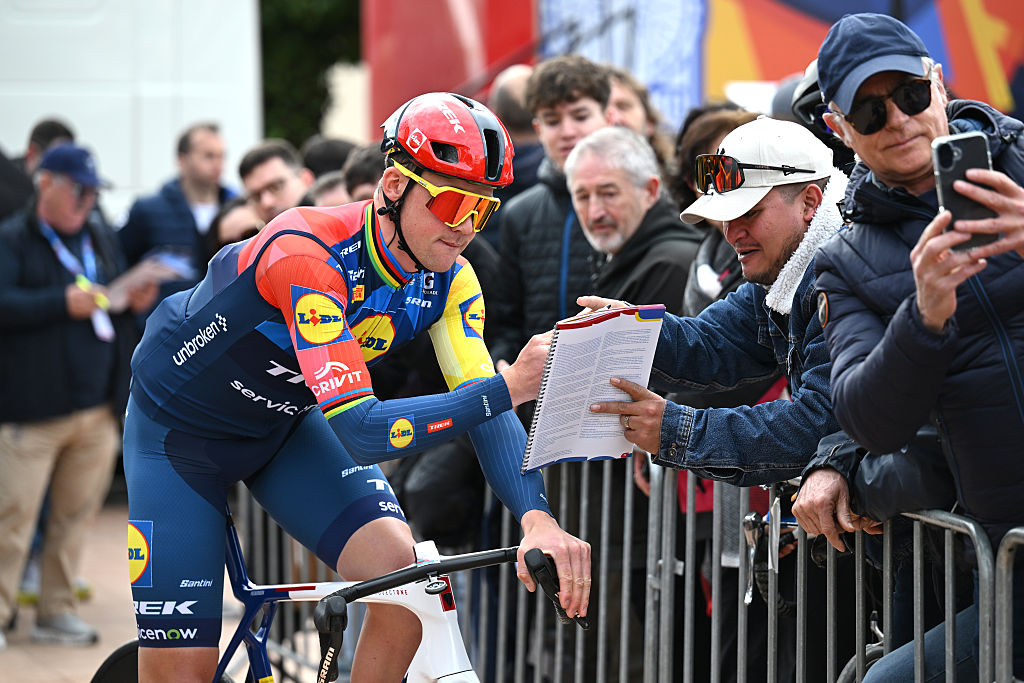Kreuziger's lawyer claims blood samples were not stored correctly
Passport anomalies coincided with hypothyroidism treatment, says Czech
The latest race content, interviews, features, reviews and expert buying guides, direct to your inbox!
You are now subscribed
Your newsletter sign-up was successful
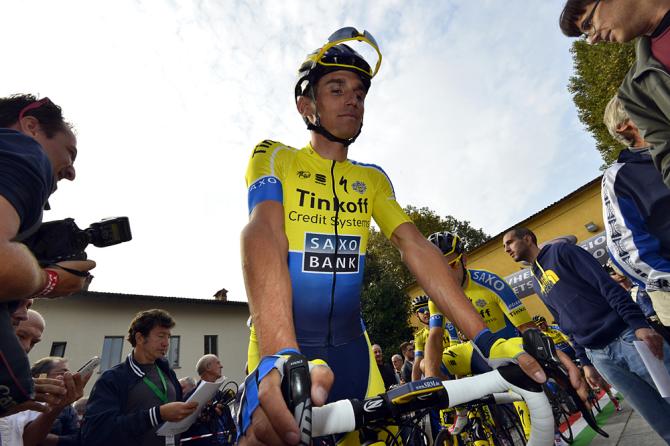
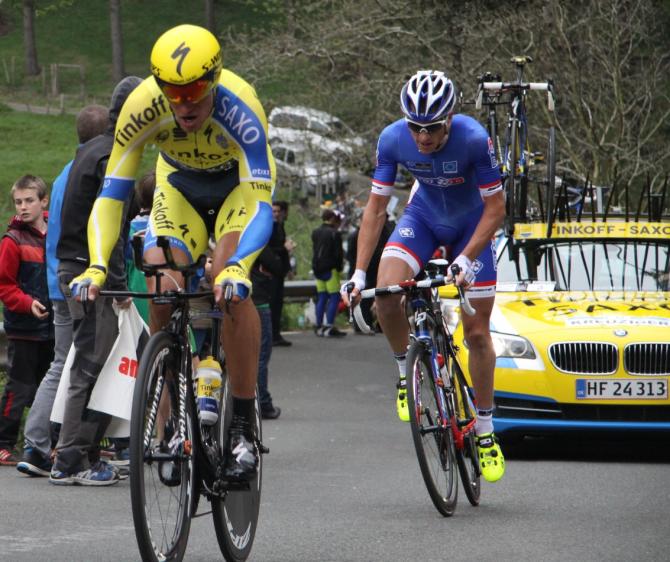
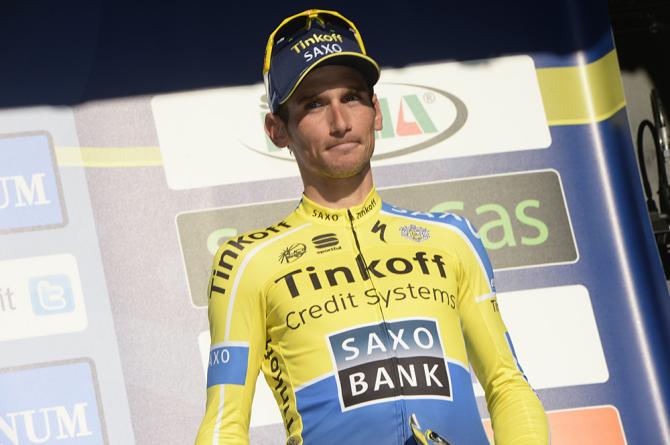
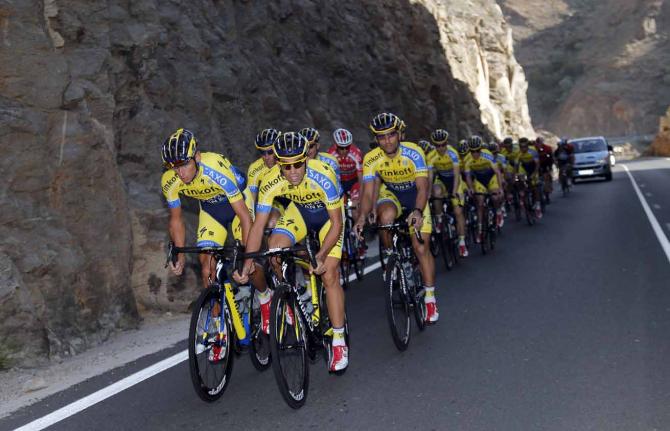
Roman Kreuziger's lawyer has claimed that some of the blood samples that triggered his Biological Passport case were not stored correctly during transit to testing laboratories. He also reiterated the claim that treatment for an under-active thyroid gland may have contributed to the Czech rider’'s suspect blood values.
Kreuziger was provisionally suspended by the UCI in August of this year due to anomalies detected in his biological passport in 2011 and 2012, when he rode for the Astana team. In late September, the Czech Olympic Committee cleared Kreuziger of an anti-doping violation and he returned to racing at Milan-Turin, but last week the UCI and the World Anti-Doping Agency (WADA) confirmed that they will appeal the case to the Court of Arbitration for Sport.
In a statement released on Tuesday morning, Kreuziger's legal representative Dr. Jan Stovicek insisted that "the Expert Panel of the Cycling Anti-Doping Foundation (CADF) decided on the alleged guilt of Roman Kreuziger on the basis of incomplete and insufficient information."
In particular, Stovicek claimed that "two-thirds of the blood samples used as a basis for the decision making process were not during transportation to the laboratory demonstrably kept in conditions conforming to WADA regulations and may therefore have deteriorated." Stovicek claims that some samples were stored at too high a temperature, while others were not logged correctly.
During his hearing before the Czech Olympic Committee last month, Kreuziger revealed that he had undergone treatment for an under-active thyroid in 2011 and 2012. He was treated with the substitute hormone L-Thyroxine. Such treatment for hypothyroidism has itself been the source of some debate in athletics, but L-Thyroxine is not on the WADA banned list and does not require a therapeutic use exemption.
"Roman Kreuziger has since 2003 suffered from hypothyroidism (insufficient function of the thyroid gland), and a worsening of this condition required the use of high doses of a substitute hormone L-Thyroxine precisely in the years in which the suspicion of misconduct arose (2011 and 2012), which was unknown to the panel," Stovicek said.
In an open letter to the CADF panel, Stovicek claimed that the spikes in Kreuziger’s reticulocyte count on his biological passport in 2011 coincided with his highest doses of L-Thyroxine. "The CADF Panel […] did not take into account fundamental work in the area of endocrinology, which is very important for this case," he said.
The latest race content, interviews, features, reviews and expert buying guides, direct to your inbox!
Last week, Kreuziger's Tinkoff-Saxo team reiterated its support ahead of the pending appeal. "We believe in what he’s saying," team CEO Stefano Feltrin told Cyclingnews. UCI president Brian Cookson, however, said that "very serious anomalies" had been detected in Kreuziger's blood profile.
A date has yet to be fixed for the CAS hearing in Lausanne, and Kreuziger faces a two-year ban if the UCI and WADA appeal is successful.
"I understand that the UCI wants to demonstrate an uncompromising stance in the fight against doping in cycling. You cannot measure everyone by a different scale," Stovicek said. "It's the same as accusing someone of murder because they have kitchen knives at home."

